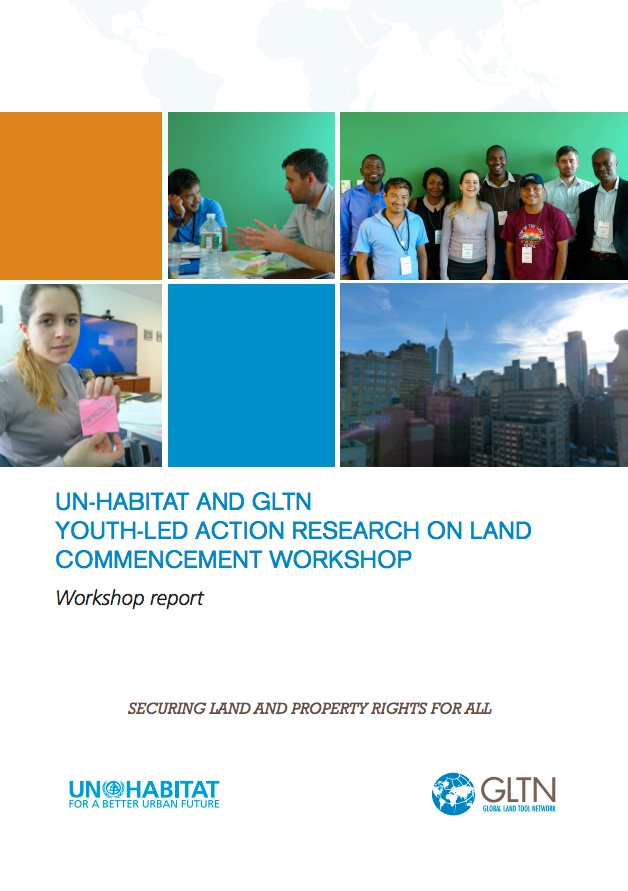Qatar and FAO
Qatar joined FAO in 1971. Over the years, FAO assistance has aimed to improve the country’s management and conservation of natural resources, including technological and institutional development to enable sustainable increases in agricultural and fisheries productivity. The production of safe and nutritious food, together with support to rural livelihoods have also been key features of cooperation.

